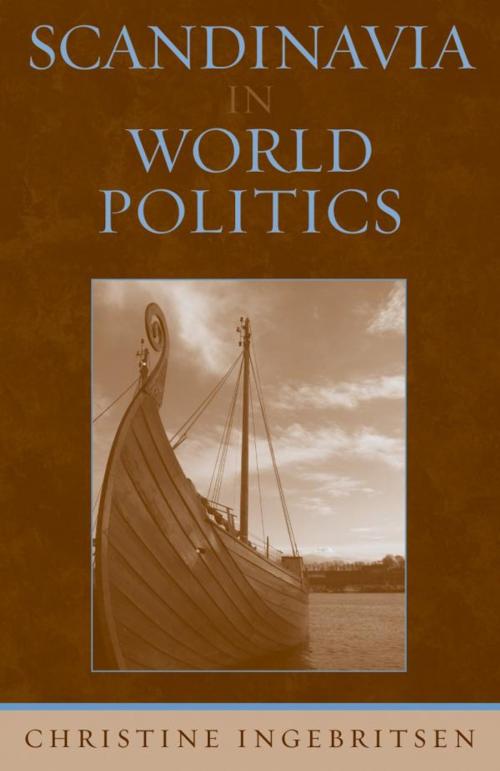Scandinavia in World Politics
Nonfiction, Social & Cultural Studies, Political Science, International, International Relations| Author: | Christine Ingebritsen | ISBN: | 9781461643258 |
| Publisher: | Rowman & Littlefield Publishers | Publication: | June 2, 2006 |
| Imprint: | Rowman & Littlefield Publishers | Language: | English |
| Author: | Christine Ingebritsen |
| ISBN: | 9781461643258 |
| Publisher: | Rowman & Littlefield Publishers |
| Publication: | June 2, 2006 |
| Imprint: | Rowman & Littlefield Publishers |
| Language: | English |
This clear and engaging text offers a sustained appraisal of Scandinavia's foreign policy and role in the global economy in the post-Cold War period. In an era when good citizenship in the global community has become a diplomatic priority for many states, Christine Ingebritsen argues that Scandinavia has both the legitimacy and the domestic political attributes to be an important international player. She examines how social innovators such as Sweden and Finland seek to influence European integration and how Norway has cultivated a unique and innovative niche in its foreign relations. Scandinavia, she convincingly shows, has become a 'norm entrepreneur,' exercising its influence abroad through moral leadership-from sponsoring the Nobel Prize and participating in global peacekeeping efforts to providing generous foreign aid and monitoring human rights abuses in the international community. Demonstrating how Scandinavia has made its model of the good society viable on a global scale, this text offers a fascinating case of small-state success and individuality in an increasingly globalized world.
This clear and engaging text offers a sustained appraisal of Scandinavia's foreign policy and role in the global economy in the post-Cold War period. In an era when good citizenship in the global community has become a diplomatic priority for many states, Christine Ingebritsen argues that Scandinavia has both the legitimacy and the domestic political attributes to be an important international player. She examines how social innovators such as Sweden and Finland seek to influence European integration and how Norway has cultivated a unique and innovative niche in its foreign relations. Scandinavia, she convincingly shows, has become a 'norm entrepreneur,' exercising its influence abroad through moral leadership-from sponsoring the Nobel Prize and participating in global peacekeeping efforts to providing generous foreign aid and monitoring human rights abuses in the international community. Demonstrating how Scandinavia has made its model of the good society viable on a global scale, this text offers a fascinating case of small-state success and individuality in an increasingly globalized world.















